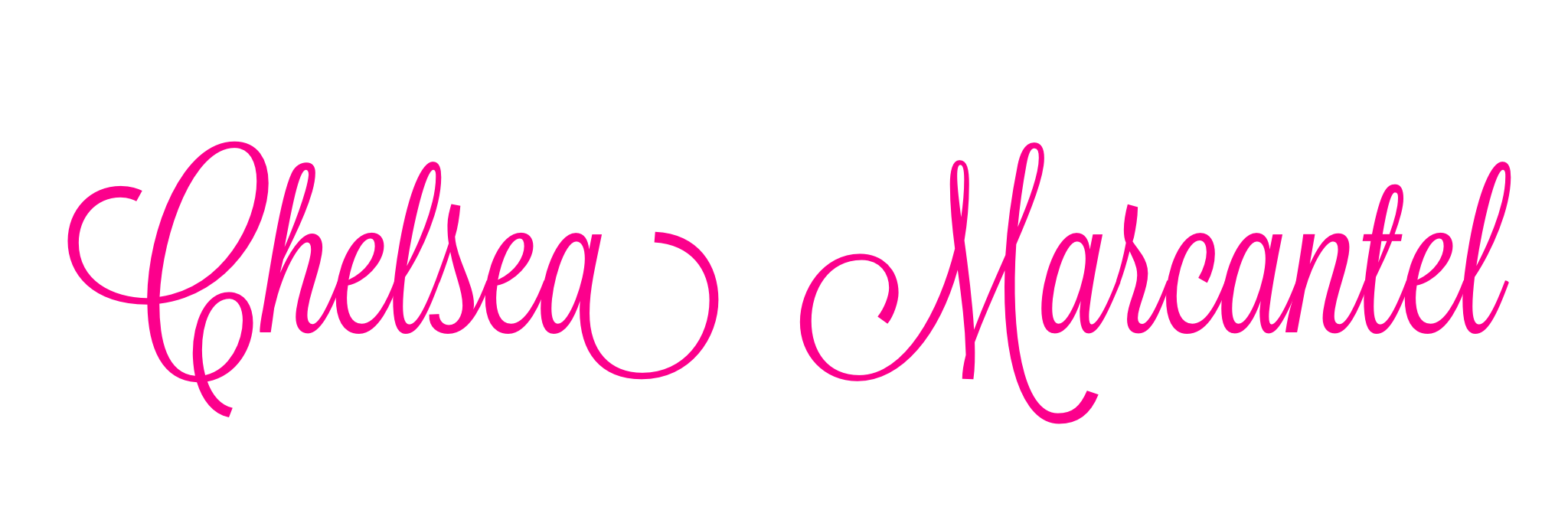By MEDINA SENGHORE
ERIC HARPER
JUSTIN CUNNINGHAM
February 2017
Each spring, the fourth-year drama students produce three plays in repertory. Here, an actor from each one interviewed his or her director.
•••••
The fourth-year rep version of Shakespeare’s Othello is an adaptation prepared by director Jonathan Rosenberg working with Chelsea Marcantel (Playwrights ’16). Justin Cunningham, who has the title role, interviewed Rosenberg.
Why did you want to do this play?
Different productions of Othello find different ways into the narrative, but what really strikes me when I read or see it is the unapologetic, really out-there, racist language. I think the play really slams you into a world in which racism is just in the molecules in the air. Here’s a man who has quite high political and social standing but who has to exist in this toxic atmosphere; a man who has to live and negotiate this atmosphere all the time. In a way it’s almost the perfect example for the Obama years in America—that seems to be exactly the way he had to
deal with his presidency.
Do you think Othello is a racist play?
I’m sort of teetering, I’m not sure. There are some who are of the opinion that Shakespeare is less concerned with the sort of complex, three-dimensional, psychology of Othello. Some believe he’s more interested in the outward behavior of Othello as he receives and negotiates the information that comes through him via Iago, through which stereotypes could be projected onto the character. As opposed to a character like Macbeth, for example, where Shakespeare is digging into the psychology of the character. One could argue there are behavioral tropes,
at least in the second half of Othello, that you could fall into unless you work against them.
What do you want to give the audience with your interpretation of the play?
I think that one of the things that Chelsea and I were conscious of—and this may be related to me growing up in South Africa—were the specifics of human behavior and social interaction deformed and infected by an overall toxic political and social environment. The politics are not necessarily in the play, but you’re watching human beings trying to negotiate life in this deformed social environment. I want to see if we can create this kind of toxic atmosphere and if an audience can experience how it affects the human interactions of this relatively small group of people. For me, the stage space is not simply a container for action, it’s a dynamic participant that interacts with the human beings on stage in an active way.
What’s something positive we can take from this play?
One can look at the unfolding narrative and say “Wow, you just can’t trust anybody, because people will betray you.” But you could also take away the opposite of that, which is that one could engage in an open way with other human beings and understand that there are no guarantees. And even when betrayal happens or things go wrong, it’s important to think the best of people even if you have scars afterward. I think as human beings, we have to make that choice. Do we engage the world in a suspicious way—assuming the worst about people—because frequently those suspicions come true and people do disappoint you? Or is it better to live one’s life embracing friends and expecting the best of people and understanding that disappointments are merely the scars of life that are necessary to live?







